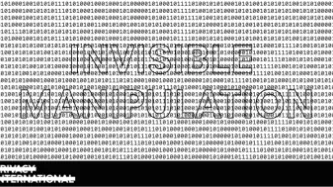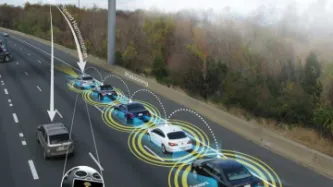Search
Content type: News & Analysis
We’ve been asked a lot lately about whether it is safe to travel, particularly to the US. And it’s not surprising why: the US Government is increasing their cruelty at borders.Border management today is fueled by our data, but government officials want more. They want as much data as they can get to catch you out. They’ve reportedly detained or deported people based on their free speech activities, denying entry on tenuous grounds like having the wrong photos on phones (including in in the ‘…
Content type: News & Analysis
Last year Privacy International conducted research into information left on rental cars after they are returned. Every car we rented contained readily apparent personal information about past drivers and other passengers, including information such as their past locations, smart phone identifier, and entered locations, including a school.
Off the back of the research, PI wrote to rental companies and car-share schemes in continental Europe, the UK, and the US to enquire about the companies’…
Content type: Long Read
The era where we were in control of the data on our own computers has been replaced with devices containing sensors we cannot control, storing data we cannot access, in operating systems we cannot monitor, in environments where our rights are rendered meaningless. Soon the default will shift from us interacting directly with our devices to interacting with devices we have no control over and no knowledge that we are generating data. Below we outline 10 ways in which this exploitation and…
Content type: Press release
Press Release: New report shows how car rental companies are failing to protect drivers' information
A new report by Privacy International shows how car rental companies and car-share schemes are failing to protect drivers' personal information, such as their location, smart phone contents, and place of residence.
The report is here: https://privacyinternational.org/node/987
Key points
Privacy International (PI) rented a series of internet-connected cars and examined the information which was collected and retained on the rental cars' infotainment system*. Every car PI rented…
Content type: News & Analysis
For as long as automobiles have been around, manufacturers have been trying to find ways of putting more technology inside of cars, oftentimes sold as value-added services for their customers, whether that be 8-tracks of the 1960s and 1970s, the enhancement to security of central locking of the 1980s and 1990s, or the introduction of satellite navigation in the 2000s.
Today, as our technologies become ‘smarter’, so do the risks to our personal privacy. This especially true as society is on the…
Content type: News & Analysis
Privacy International and the American Civil Liberties Union have appealed to the Council of the European Union, the European Commission, the European Parliament, and privacy commissioners in 31 countries across Europe to repeal the agreement between the EU and the US on passenger data transfers. We argue that, with the recent disclosure of the 'Automated Targeting System' being used by the US Department of Homeland Security, the US has violated both American law and the agreement with the EU…





